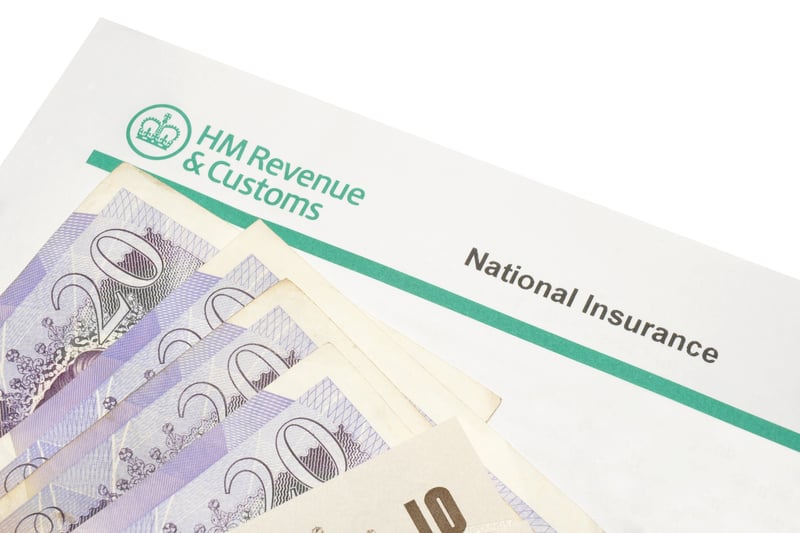The cost of living crisis will deepen for millions of people across the UK from April, as a raft of price hikes come into force.
Energy bills will double in cost for many households from 1 April as the energy price cap increase is introduced, rising by £693 a year to £1,971 - a 54% increase.
Citizens advice warned that around five million million would be unable to afford their energy bills from April, even taking into account the support the government has already announced.
It warned that this number would almost triple to one in four people in the UK (more than 14 million) if the price cap rises in October again based on current predictions.
Mobile and broadband bills are also going up for thousands of customers this month, while national insurance and council tax rates are set to rise.
Fuel prices have reached record highs in recent weeks amid a hike in oil prices following Russia’s invasion of Ukraine. The Chancellor cut fuel duty by 5p in his spring statement last week, but retailers have since been accused of failing to fully pass on the savings to customers.
Pub meals and hotel stays are also likely to become more expensive from this month as VAT levels across the hospitality sector lift back to 20%.
An increase to the national living wage could help to ease the pressure facing households, and the state pension and some benefits will be uprated by 3.1% in April. However, inflation could hit a 40-year high of 8.7% in the fourth quarter of 2022, according to the Office for Budget Responsibility (OBR).
So how will household bills be affected from this month? Listed are nine major cost of living increases coming into force from April.
Read more:

1. Energy bills
From 1 April, customers on default tariffs paying by direct debit will see energy bills rise by £693 per year, from £1,277 to £1,971. Prepayment customers will see a bigger jump with their price cap going up by £708, from £1,309 to £2,017.

2. National Insurance
From 6 April, the government’s proposed National Insurance (NI) tax rise will come into force which will see employees, employers and the self-employed all pay 1.25p more in the pound for NI. Employees would previously pay 12% on earnings up to £50,270 and 2% on anything above that. From April 6, the rate will go up to 13.25% and 3.25% respectively. For the self-employed, rates will go up from 9% and 2% to 10.25% and 3.25%. Payments will only be collected on wages above £9,880, although this rises to £12,570 in July – a threshold rise announced by the Chancellor in the Spring Statement.

3. Mobile and broadband bills
Several UK mobile networks and broadband providers are hiking their prices from April. EE, Vodafone and BT pay monthly customers will see bills rise by 9.3%, while TalkTalk is increasing bills by 9.1%. O2 and Virgin Media prices will rise by 11.7% and Three Mobile will hike prices up to 7.8% for some customers. Sky customers may pay up to £43 extra per year for TV and broadband, Plusnet is hiking costs by 9.3% and Disney+ is increasing annual members’ subscription costs by £20.

4. Water bills
Water and sewerage bills will rise to £419 from April for the average household in England and Wales. The rise will add an extra £7 to bills, which is a 1.7% increase. In Scotland, water and sewerage prices depend on your council tax band and are covered by a “combined service charge”. Scottish households will see water and waste charges increase by 4.2% on average from April. In Northern Ireland, non-domestic water and sewerage charges will rise by 0.9%, in line with inflation, from 1 April.


